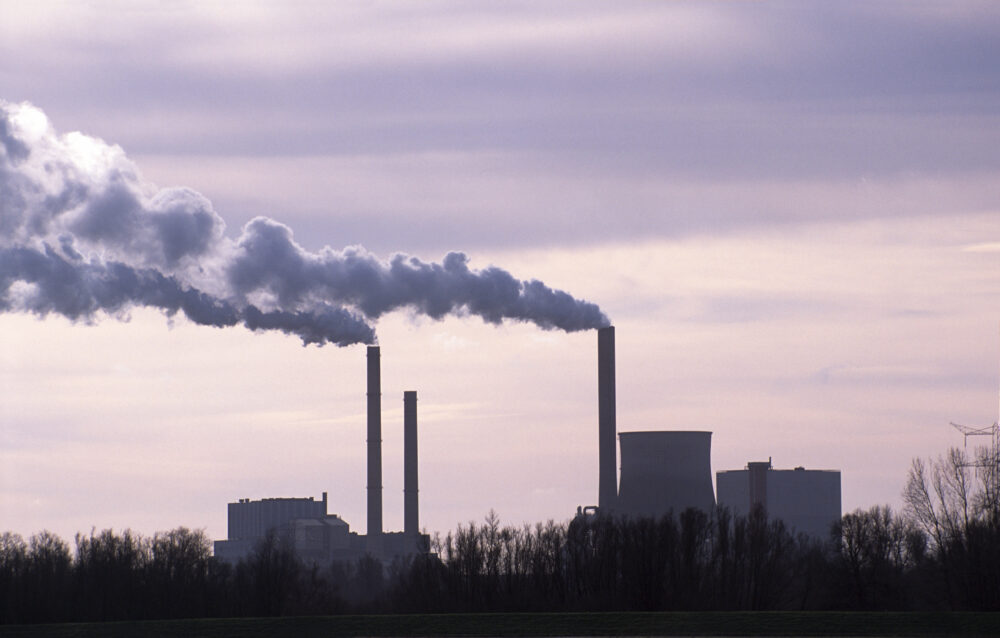The social cost of carbon (SCC), the total cost to society from the release of a ton of CO2 emissions, is vital in evaluating the benefits and costs of climate policies. In the United States, the first consistent government-wide SCC came in 2010 after the Obama administration formed an Inter-agency Working Group to provide a scientifically robust evaluation. The Trump administration later disbanded the Working Group and lowered the SCC to near zero, allowing for the justification of key environmental rollbacks such as fuel economy standards. To reinstate a scientifically valid framework and ensure the SCC reflects profound changes in the economic and scientific understanding of climate change, in a new study EPIC Director Michael Greenstone and his coauthor Tamma Carleton, both core members of the Climate Impact Lab, outline important steps to update the SCC.
“The social cost of carbon is the key ingredient to assessing the desired stringency of all climate regulation,” says Greenstone, the Milton Friedman Distinguished Service Professor in Economics, who co-led the original Inter-agency Working Group while serving as Chief Economist for President Obama’s Council of Economic Advisers. “Over the last four years, the Trump administration reduced the social cost of carbon to near zero by ignoring science and economics. The Biden administration can best serve the interests of the American people by returning the social cost of carbon to the frontier of understanding about climate change, including all that has been learned in the last decade.”
Greenstone and Carleton, an assistant professor at the University of California, Santa Barbara, recommend a two-step approach. First, the Biden administration can simply and immediately carry out the approach used to develop the Obama SCC (which included global damages, unlike the Trump SCC), but with a discount rate— measuring the present value of future damages to society—of no higher than 2 percent to reflect substantial changes in international capital markets that make the current discount rate difficult to justify. A 2 percent discount rate would increase the social cost of carbon to $125 per metric ton. The original estimate, updated to reflect the best available science in 2013, was $52 per metric ton.
As a second step, they recommend that the Biden administration launch a reconstituted Inter-agency Working Group and task it with comprehensively updating the SCC. Doing so would require several essential updates, including: 1) using an updated climate model to more accurately reflect the effect of emissions on the climate system; 2) updating how damages are measured to rely on large-scale data, capturing local-level differences in climate risk, and accounting for future adaptation; 3) continuing to rely on a discount rate no higher than 2 percent; and 4) continuing to incorporate global, rather than just domestic, damages.
“This paper aims to provide an actionable roadmap for the Biden administration to update the SCC, returning its value to the cutting edge of quickly-moving research on climate change,” says Carleton.
This working paper will appear in a forthcoming book of energy and climate policy proposals to be released by EPIC in the coming weeks.



